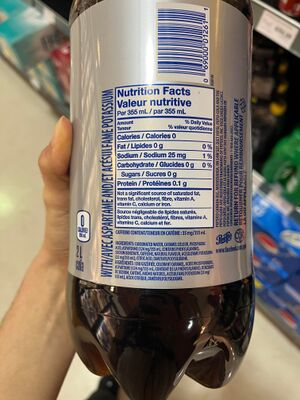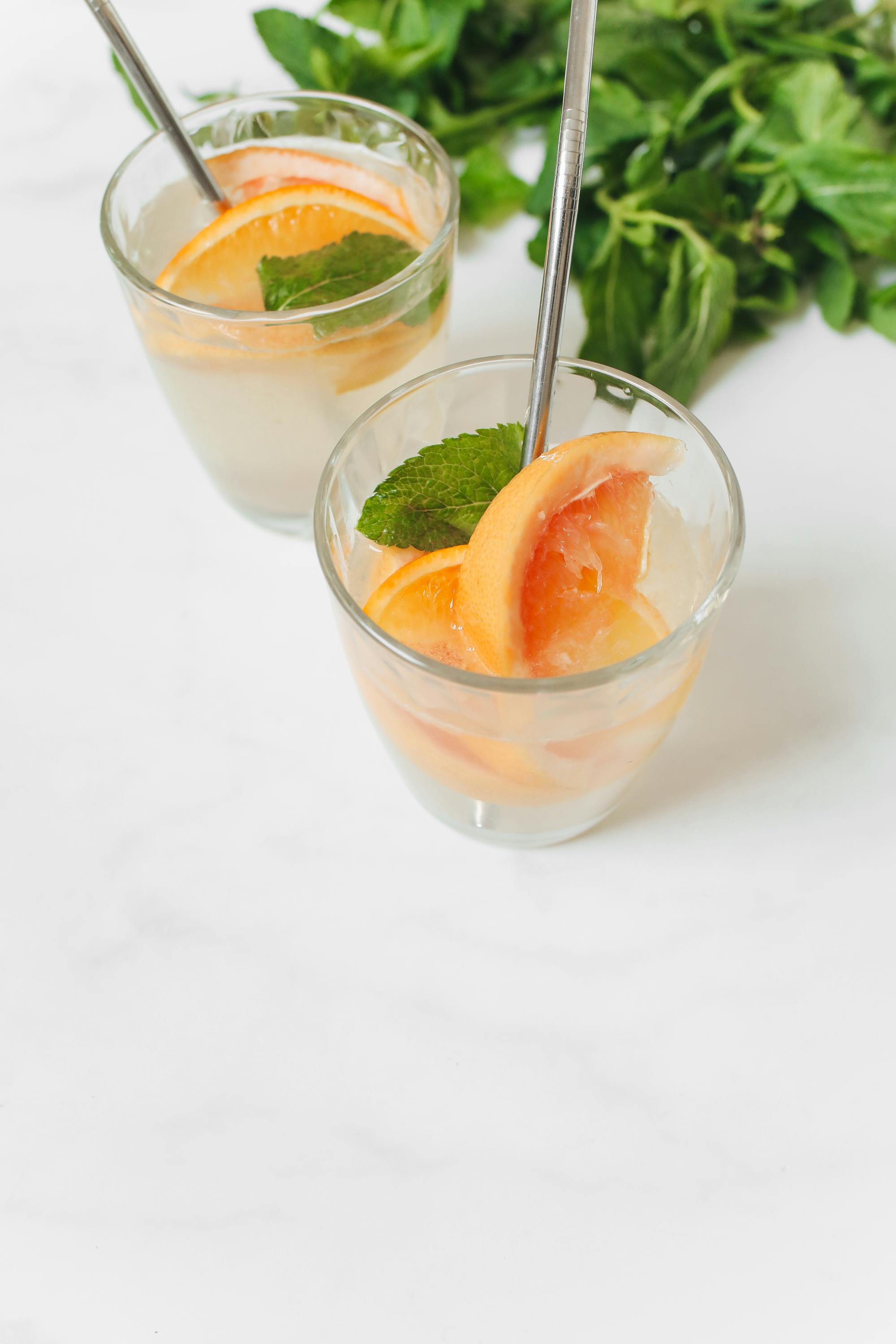
Effective 7-Day GERD Diet Plan to Improve Your Gut Health in 2025
If you're struggling with GERD (Gastroesophageal Reflux Disease), or looking to simply enhance your gut health, implementing a carefully structured 7-day GERD diet can make all the difference. Throughout this article, we'll not only outline specific GERD meal ideas but also provide you with practical tips to navigate food triggers for GERD effectively, while enjoying delicious meals.

Understanding GERD and Its Dietary Implications
In understanding how to combat GERD through dietary adjustments, it's essential to differentiate between what constitutes reflux-friendly foods and those that may exacerbate symptoms. Foods known to increase acidity can include spicy dishes, citrus fruits, and full-fat dairy. Conversely, opting for low-acid foods, such as bananas, oatmeal, and lean proteins can often provide relief. This section will delve deeper into the science behind why certain foods aggravate GERD-related symptoms, while others can support your digestive health.
Research Insights on GERD
Several studies have indicated that maintaining a balanced diet can significantly improve acid reflux symptoms. A particular highlight is the consumption of fiber-rich foods, including whole grains, vegetables, and legumes. These foods not only promote digestive health but help to ensure appropriate portion control, which is essential in managing GERD. Incorporating probiotic foods, like yogurt and fermented vegetables, supports gut flora and overall digestive process. Research advocates for these food adjustments to ward off inflammatory symptoms often associated with GERD.
Recognizing Food Triggers for GERD
Recognizing individual triggers can vastly improve one’s quality of life with GERD. Common triggers include high-fat meals, caffeine, and late-night snacks. Keeping a detailed food diary for GERD might help you identify which foods affect you most. Numerous individuals find lower-fat diets beneficial; therefore, including low-fat recipes and opting for non-acidic beverages during meals can greatly reduce discomfort.
7-Day Meal Plan for GERD
This carefully crafted 7-day meal plan features digestive-friendly meals that cater to different preferences, including vegetarian options, and highlights portion sizes appropriate for GERD management. We’ve ensured inclusion of healthy fat options for GERD, lean proteins, and a variety of fruits and vegetables that promote gut health. The plan promotes eating regularly spaced meals to maintain optimum digestive health.
Sample Breakfast Options
A nutritious breakfast can set a positive tone for your day. Consider including overnight oats for GERD or a fruit smoothie made from bananas and spinach which is gentle on the stomach. Smoothies provide an excellent opportunity to incorporate fiber-rich foods and be utilized as breakfast smoothie recipes for GERD. Also, try pairing your oatmeal with almond milk or non-dairy yogurt for added creaminess without dairy-induced discomfort.
Light and Easy Lunch Ideas
For lunches, consider meals like quinoa salads with minimal spices or simple grilled chicken paired with steamed vegetables. These satisfying options ensure meal prep for GERD is manageable during a busy week. Prepare a chicken salad with low-fat yogurt mixed with herbs as a tasty and easy lunch idea that’s friendly for your digestive system while avoiding some typical lunch triggers like tomatoes and heavy sauces.
Dinner: Balancing Nutritional Needs
Dinners should be light yet fulfilling to avoid overnight reflux. Options such as baked fish with herbs and a side of sweet potato ensure a balance of nutrients while promoting gut health. You can also consider soft-cooked vegetables and whole grains. Such meals should be geared toward fulfilling your nutritional needs while promoting digestion, making them ideal GERD-friendly dinners that minimize the risk of reactions.

Healthy Snacks for GERD Management
Maintaining balanced blood sugar levels can prevent late-night snacking and potential reflux. Incorporating GERD-friendly snacks into your routine can help manage hunger without aggravating your condition. Simple options include almond butter on whole grain rice cakes or a small portion of unsalted nuts. These snacks can be an alternative to unhealthy appetizers high in fat.
Hydration Tips and Non-Acidic Beverages
Staying hydrated is crucial for overall health, particularly for those managing GERD. Limit carbonated drinks and those high in sugar. Instead, opt for non-acidic beverages – like herbal teas and infused waters with low-acid fruits such as cucumbers and watermelon. Keeping hydration levels balanced will help manage GERD symptoms as well.
Meal Timing for GERD Wellness
Timely meal consumption is essential. For effective management, practice meal timing strategies by eating smaller, more frequent meals throughout the day. This can help prevent the stomach from becoming too full and minimize pressure on the esophageal sphincter. Avoiding large meals right before bedtime is crucial in optimizing overnight gut health.
GERD Diet Tips for Success
Transitioning to a GERD-friendly diet requires commitment and an understanding of personal triggers. Learning to read labels for inflammatory foods and choosing wisely can make a significant impact. Remember to manage your portions, especially when introducing new foods. Focus on mindful eating, where the attention is given to each bite, enhancing both enjoyment and digestive efficiency.
Cooking Methods for GERD
Emphasizing certain cooking techniques is effective to maintain the benefits while reducing risks. Furthermore, incorporate cooking with herbs rather than spices to add flavor without compromising dietary needs. Choose methods like steaming, baking, or grilling over frying, as they tend to retain helpful nutrients while also being easier to digest.
Finding Balance with Whole Foods
In keeping the focus on a balanced diet, introducing whole foods mixed with occasional low-sugar snacks can create a satisfying variety. Whole grains, seasonal vegetables, and lean proteins are excellent choices that contribute to anti-inflammatory goals. Incorporating production from your local farmer’s market can enhance not only taste but also freshness.
Key Takeaways
- Understanding what foods and meals suit your digestive health is essential to managing GERD.
- Meal planning, incorporating low-acid foods, and mindful eating practices can significantly alleviate reflux symptoms.
- Keeping hydrated with careful selection of beverages and practicing good eating habits is vital.
- Catering meals to personal preferences and necessary nutrition will aid significantly in lifestyle adjustment.
FAQ
1. What are the best foods for managing GERD symptoms?
Foods known to be suitable for managing GERD symptoms include low-acid foods like bananas, oatmeal, and lean proteins. Incorporating fiber-rich foods enhances digestion, while maintaining a balanced meal approach helps in avoiding symptoms.
2. How can I identify food triggers for GERD?
Maintaining a food diary for GERD can help identify personal triggers. Recording what you consume along with any resulting symptoms will assist in pinpointing the foods you should avoid.
3. Are there breakfast options suitable for GERD?
Yes! Options like overnight oats for GERD or smoothies made with non-acidic fruits provide a gentle start to your day. Avoid citrus and heavy dairy products at breakfast to reduce the risk of symptoms.
4. What are some healthy snack ideas for GERD?
Ideal snacks include nut butter on rice cakes or low-fat yogurt with mild fruits. These GERD-friendly snacks will provide you with necessary energy while aiding digestion sluggishness.
5. How important is meal timing for GERD?
Meal timing is crucial as it impacts digestion. Eating smaller, more frequent meals and minimizing large meals closer to bedtime will support better GERD management.
6. What cooking methods should I avoid with GERD?
Avoid frying foods as it increases fat content necessary for healthy digestion. Opt for boiling, baking, or steaming, which utilize less fat and keep meals light and easy to digest.
7. Can hydration play a role in managing GERD?
Absolutely! Staying hydrated with non-acidic beverages is essential for managing GERD. It’s best to choose options like herbal teas and infused waters while avoiding drinks that can elevate acidity.